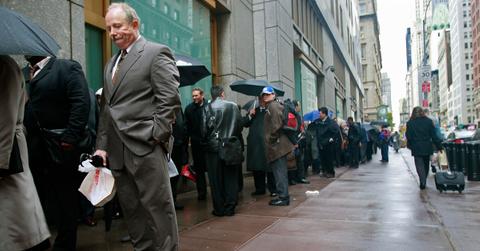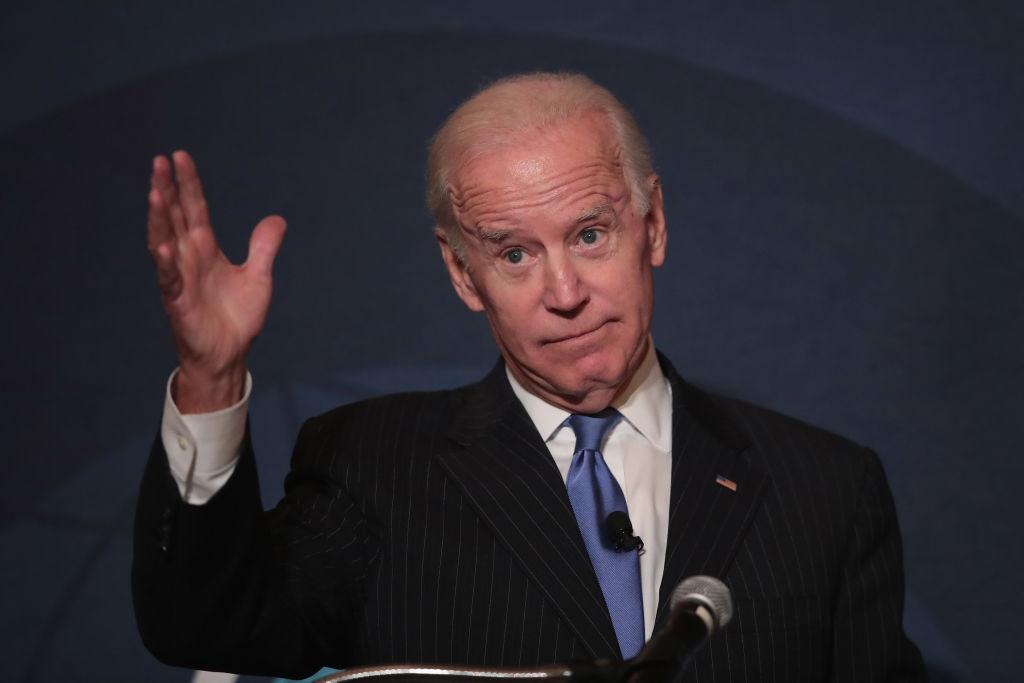Elon Musk Predicts a U.S. Recession: Here’s What Happens When the Economy Slides
Elon Musk has predicted a recession. What happens during a recession in the United States and what does it mean for the average consumer?
June 22 2022, Published 8:57 a.m. ET
The chatter about a U.S. recession has increased ever since the U.S. Federal Reserve raised its benchmark interest rates by 75 basis points. What happens during a recession in the United States and what does it mean for the average consumer?
Several economists now see a recession as inevitable. Former U.S. Treasury Secretary Larry Summers has predicted a recession in the U.S. Tesla CEO Elon Musk, who has said that he would vote for a Republican in the 2024 election, also sees a U.S. recession on the horizon.
The Federal Reserve has tried to downplay a recession.
Meanwhile, the U.S. Federal Reserve has tried to downplay recession risks and said that it isn't trying to induce one, contrary to what some believe. Treasury Secretary Janet Yellen and President Joe Biden also don’t see a recession as inevitable. But then, seldom has a politician in power correctly predicted a recession.
The fact is, recessions are more usual than many think and the U.S. economy has seen 11 recessions since World War II. The most recent recession was of course in 2020, which was caused by the COVID-19 pandemic.
What happens during a recession in the United States?
While recessions might be normal and at times actually be healthy for an overheated economy, for the average person the word "recession" has negative connotations. During a recession in the United States, we see a rise in unemployment rates as well as a fall in wage growth.
We’ve already started to see layoffs at some companies including Tesla, which is cutting its salaried workforce to add more hourly workers. The job market worsens for jobseekers during a recession and employers become a lot choosier in hiring workers.
In contrast, the U.S. job market has been incredibly strong over the last year and job openings have outstripped job seekers. In a recession, the tide turns upside down and there are a lot more job seekers than job openings. This also hurts the kind of wages one can bargain with prospective employers.
Stocks crash during a recession.
Stock markets invariably crash during a recession. This means that people with investments in stocks see their portfolio values come down. The crash in stock markets hurts even more if someone faces a partial or complete loss of income during a recession.
The U.S. government also bails out the economy, which includes both companies as well as consumers, during a recession. During the 2020 recession, the government provided fat stimulus checks to people. However, given the strained finances, the probability of stimulus checks, especially of the quantum that we saw between 2020 and 2021, looks quite bleak now.
House prices fall during a recession.
House prices also typically fall during a recession. It could be a golden opportunity to buy a house during a recession if you can afford to do so. However, if you're looking to sell your property, you might need to tone down your expectations during a recession.
During recessions, the Federal Reserve slashes rates, which then lowers the mortgage rates as well. However, things would be different this time as the Fed might not start reversing its rate hikes unless it sees visible signs of inflation coming down. Currently, U.S. inflation is running over 4x the Fed's 2 percent target.
The Fed has tweaked its inflation targeting approach from absolute to average inflation targeting, which would give the U.S. Central Bank some leeway in cutting rates even if rates are above 2 percent. Finally, inflation also comes down in a recession as the demand for goods and services falls. The prices of consumer discretionary products fall as people cut back on spending.
You might also be able to grab good discounts from local stores. A lot of small businesses either close or give massive discounts to clear their inventory.


